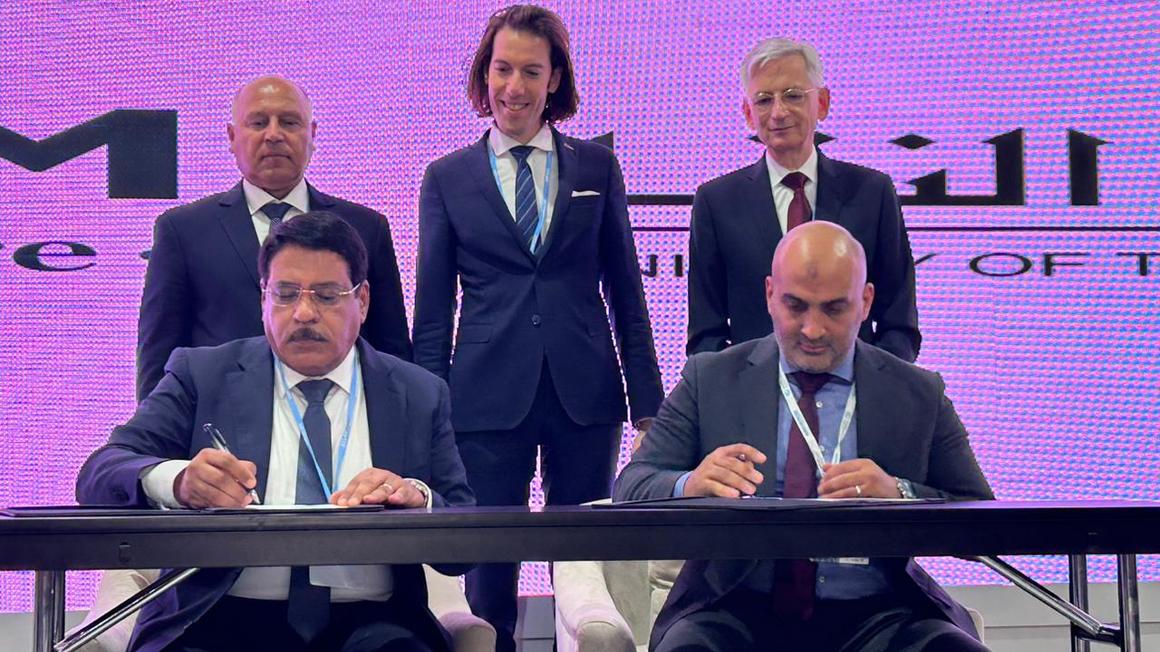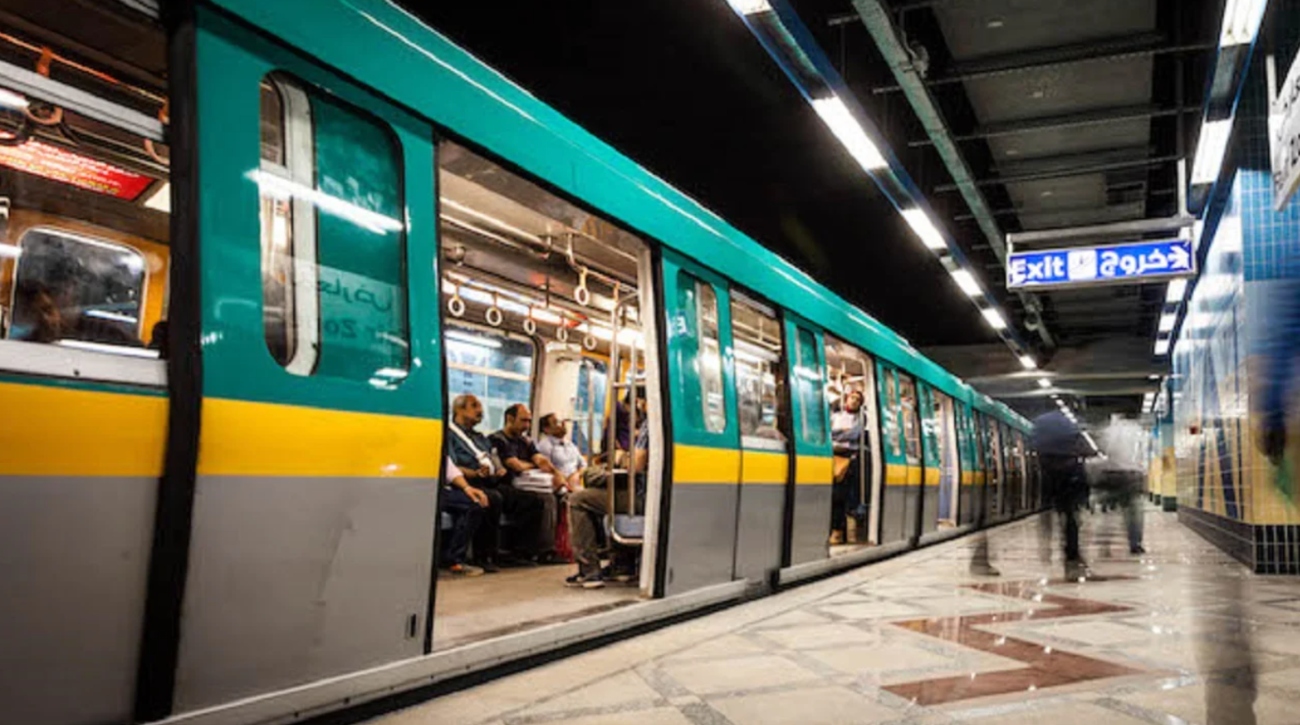Photo credit: Railway Technology
Hosting COP27 in Egypt’s Sharm El-Sheikh resulted in a plethora of achievements and advancements in multiple fields, including the launch of several wide-scale projects, initiatives, and curated investments.
One such achievement saw Egypt’s National Authority for Tunnels (NAT) signing a framework agreement with Alstom, a global leader in smart and green mobility, for the design, construction, and maintenance of Cairo Metro Line 6: the first driverless metro line in Africa.
With a total of 27 stations, 12 being underground, the 35-kilometer-long line will run from north to south, extending from New Maadi to Al-Khosous.

Photo credit: Alstom
In line with Egypt’s 2030 vision to “provide a transport system that achieves sustainable development”, the trains will be 98 percent recyclable, designed to improve energy efficiency.
With an annual capacity of nearly 1.5 million passengers, Cairo Metro’s Line 6 will also reduce congestion on the heavily-used Line 1. Each train will be built to carry up to 2,580 passengers during peak hours.
“We are proud of our partnership with the National Authority of Tunnels and to be part of the growth and modernisation of Egypt’s urban network. In 2019, the city’s CO2 emissions due to transport was around 22 million tonnes of CO2 representing 40 percent of Egypt’s total transport emissions. This agreement, signed during COP27, demonstrates Egypt’s commitment to ensuring Cairo is an inclusive, safe, and resilient city,” said Andrew DeLeone, President of Alstom in Africa, Middle East, and Central Asia.
Although the date of construction and completion have not yet been announced, the new line will be managed locally. However, Alstom, which specializes in autonomous mobility rendering transportation semi or fully driverless, will be responsible for its maintenance.
Autonomous Mobility or Automatic Train Operation is an operational and safety enhancement which makes railways more efficient and reliable by taking away the variables of guesswork and human error.
Cairo Metro is currently being extended with a fourth line from 6 October City to New Cairo, and a fifth line from Nasr City to El Sahel.
Despite an increase in metro ticket fares in the last few years, Egyptians continue to depend on the metro as one of the more affordable modes of transportation.
Subscribe to the Egyptian Streets’ weekly newsletter! Catch up on the latest news, arts & culture headlines, exclusive features and more stories that matter, delivered straight to your inbox by clicking here.







Comments (0)